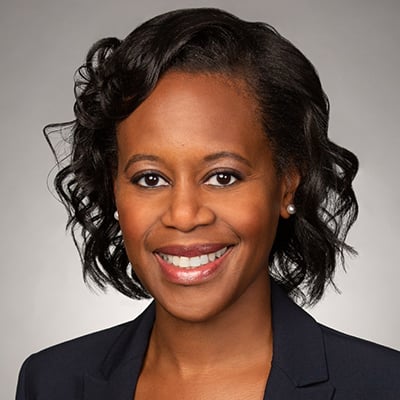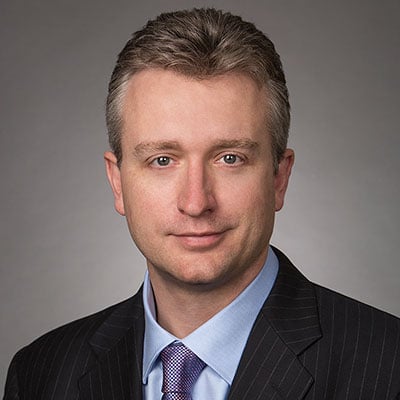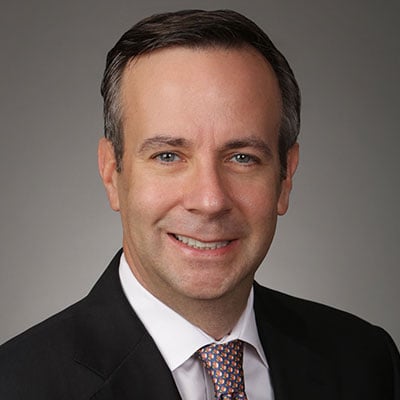Sanofi Wins Temporary Reprieve From Kickbacks Action
A New Jersey federal judge on Wednesday dismissed a proposed class action alleging Sanofi-Aventis US Inc. encouraged medical providers to bill for free drug samples and engaged in a kickback scheme to persuade retailers to sell its medication, but said it can be refiled with more specific allegations.
U.S. District Judge Kevin McNulty dismissed without prejudice a complaint filed by Plumbers’ Local No. 690 Health Plan against Sanofi and others for allegedly engaging in two separate fraud schemes intended to get medical providers and drug retailers to sell its osteoarthritis and diabetes medications.
The judge found that the suit, which included claims that Sanofi and co-defendants violated Pennsylvania and New Jersey laws against fraud, failed to allege certain crucial specifics of those schemes and, “more critically,” failed to allege facts sufficient to link those schemes to any adverse effect on Local 690 or its members in Pennsylvania and New Jersey.
“The defects I have identified are not necessarily fatal,” the judge said. “These dismissals are therefore without prejudice to the filing of a second amended complaint within 60 days. If this misconduct occurred, and if it affected Local 690 and its beneficiaries in New Jersey and Pennsylvania, it should be possible through reasonable investigation to uncover specific facts and examples of it.”
The wide-ranging suit, first brought in February 2015, contended that Sanofi sales representatives were armed with hundreds of thousands of free samples of osteoarthritis drug Hyalgan and trained to provide physicians with those samples in exchange for purchases of the drug. Implicit in that training was the notion that doctors would bill for the free samples, the complaint said.
According to the health plan, this scheme caused it and other third-party payors to pay inflated rates for Hyalgan treatments because the price charged was tied by a formula to Medicare reimbursement rates.
The plaintiffs also claimed that Sanofi contracted with entities such as Accenture PLC and Deloitte LLP to unduly sway physicians, hospitals and retail pharmacies to switch from competitors' products to its own diabetes drugs, which include Amaryl, Apidra and Lantus.
The diabetes drugs were pushed as part of an “unfair and deceptive scheme” that stretched from about 2012 through 2013 and used contracts that ran afoul of federal health care laws, according to the complaint. But the contracts were coded in such a way that they bypassed normal legal review procedures, the complaint said.
The allegations regarding both schemes have been made in previous whistleblower suits. In December 2012, Sanofi settled a False Claims Act suit with the U.S. based on allegations it gave out free samples of Hyalgan. And in 2014, a former Sanofi paralegal sued the company for allegedly firing her after she revealed Sanofi paid $34 million in kickbacks to doctors, hospitals and pharmacies to bolster prescriptions for its diabetes drugs.
Judge McNulty noted that the allegations of fraud regarding the Hyalgan scheme lacked enough particularity to show that Sanofi or the doctors who were given free samples gained an illicit benefit or engaged in an illegal practice. He also said the health plan failed to show that it was harmed through the alleged scheme.
“More is required to bridge the gap between conceivability and plausibility,” he said.
With respect to the alleged diabetes medication scheme, the judge said that Local 690 failed to plead any facts suggesting that it or its members were affected. He said that the plaintiffs’ allegations that some of its beneficiaries’ diabetes medications were switched as a result of fraud lacked essential details that would tie them to the alleged kickback scheme.
Speaking to Law360 on Thursday, an attorney for the plaintiffs, Donald E. Haviland Jr. of Haviland Hughes, said he was already at work on amending the complaint and would be giving the judge a “much tighter and more expansive” description of Sanofi’s alleged schemes. He explained that it was nearly impossible, prior to discovery, to pinpoint a doctor who sold free samples of Hyalgan, but he believed his side was capable of showing that the alleged scheme occurred nationwide, including in Pennsylvania and New Jersey.
“The issue in all these cases is figuring out how the chalk line got on the sidewalk,” he said. “We need to get over this hurdle. It’s a pleading hurdle we’re confident we can meet.”
A Sanofi spokesperson forwarded a company statement to Law360 on Thursday saying it is pleased with the decision.
Attorneys for Accenture and Deloitte did not immediately respond to requests for comment Thursday.
The plaintiffs are represented by Donald E. Haviland Jr. of Haviland Hughes.
Sanofi is represented by Liza M. Walsh, Tricia B. O’Reilly and Katelyn O'Reilly of Walsh Pizzi O'Reilly Falanga LLP.
Fidia Pharma is represented by David R. King, Jason Anthony D'Angelo and Ronald J. Levine of Herrick Feinstein LLP.
Accenture is represented by Brian M. English and William H. Trousdale of Tompkins McGuire Wachenfeld & Barry LLP and by Craig Primis, H. Boyd Greene, Andrew Pruitt and Tracie Bryant of Kirkland & Ellis LLP.
Deloitte is represented by Mark A. Berman of Hartmann Doherty Rosa Berman & Bulbulia PC.
The case is Plumbers’ Local No. 690 Health Plan v. Sanofi US Services Inc., case number 2:15-cv-00956, in the U.S. District Court for the District of New Jersey.
REPRINTED WITH PERMISSION FROM THE MAY 12, 2016 EDITION OF LAW360 © 2016 PORTFOLIO MEDIA INC. ALL RIGHTS RESERVED. FURTHER DUPLICATION WITHOUT PERMISSION IS PROHIBITED. WWW.LAW360.COM



